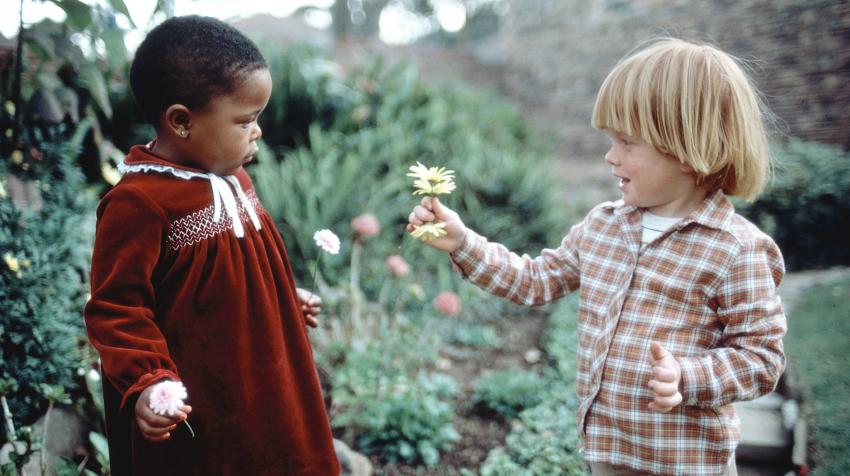In 1996, the UN General Assembly (by resolution 51/95) invited UN Member States to observe the International Day for Tolerance on 16 November, with activities directed towards both educational establishments and the wider public. You can learn more from the International Day for Tolerance website, and also read a message for the 2015 obervance of the day from the Secretary-General Ban Ki-moon below:
Message from the Secretary-General, Ban Ki-moon
The call to practice tolerance was written into the identity of the United Nations 70 years ago. Today, in a world buffeted by turbulence and change, the Charter's summons remains a vital touchstone for our work.
People are more connected - but this does not mean there is more understanding.
Societies are ever more diverse – but intolerance is growing in many places. Sectarian tensions can be found at the heart of many conflicts, with the rise of violent extremism, massive human rights violations, and cultural cleansing. And the biggest crisis of forced displacement since the Second World War has spawned hatred and xenophobia against refugees and others.
Tolerance is much more than passively accepting the other. It brings obligations to act, and must be taught, nurtured and defended. Tolerance requires investment by States in people, and in the fulfilment of their full potential through education, inclusion and opportunities. This means building societies founded on respect for human rights, where fear, distrust and marginalization are supplanted by pluralism, participation and respect for differences.
This is the message of the International Day of Tolerance – reflected in the UNESCO Declaration of Principles on Tolerance, adopted in 1995. This same idea animates the International Decade for the Rapprochement of Cultures (2013-2022), which is being led forward by UNESCO across the world.
On the International Day of Tolerance, let us recognize the mounting threat posed by those who strive to divide, and let us pledge to forge a path defined by dialogue, social cohesion and mutual understanding.

